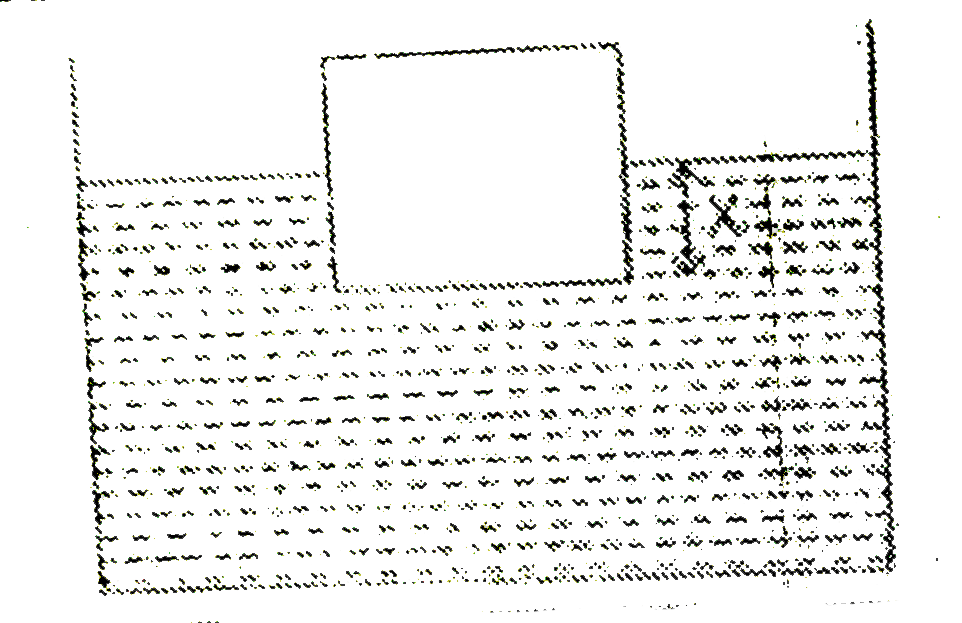Which of the following match is correct ?
HormoneEffect(a)OxytocinMilk ejection hormone(b)GlucagonDecreases blood sugar level(c)AdrenalineDecreases heart rate(d)ThyroxineDecreases BMR
The correct Answer is:c
To solve the question regarding the correct match between hormones and their effects, we will analyze each option one by one.
Step 1: Analyze the first option - Oxytocin
- Statement: Oxytocin is a milk ejection hormone.
- Explanation: Oxytocin is indeed responsible for the ejection of milk from the mammary glands during breastfeeding. It stimulates the contraction of myoepithelial cells around the alveoli in the breast, leading to milk ejection.
- Conclusion: This statement is correct.
Step 2: Analyze the second option - Glucagon
- Statement: Glucagon decreases blood sugar level.
- Explanation: Glucagon is a hormone produced by the alpha cells of the pancreas. Its primary function is to increase blood sugar levels by promoting glycogenolysis (the breakdown of glycogen to glucose) and gluconeogenesis (the production of glucose from non-carbohydrate sources). Therefore, it does not decrease blood sugar levels.
- Conclusion: This statement is incorrect.
Step 3: Analyze the third option - Adrenaline
- Statement: Adrenaline decreases heart rate.
- Explanation: Adrenaline, also known as epinephrine, is released from the adrenal glands and is responsible for the "fight or flight" response. It increases heart rate, blood pressure, and energy availability. Thus, it does not decrease heart rate.
- Conclusion: This statement is incorrect.
Step 4: Analyze the fourth option - Thyroxine
- Statement: Thyroxine decreases BMR (Basal Metabolic Rate).
- Explanation: Thyroxine (T4) is produced by the thyroid gland and plays a crucial role in regulating metabolism. It actually increases the BMR, promoting metabolic processes in the body. Therefore, this statement is also incorrect.
- Conclusion: This statement is incorrect.
Final Conclusion
After analyzing all the options, the only correct match is:
- Oxytocin - Milk ejection hormone.
Thus, the answer to the question is the first option: Oxytocin is a milk ejection hormone.
---
- Statement: Oxytocin is a milk ejection hormone.
- Explanation: Oxytocin is indeed responsible for the ejection of milk from the mammary glands during breastfeeding. It stimulates the contraction of myoepithelial cells around the alveoli in the breast, leading to milk ejection.
- Conclusion: This statement is correct.
- Statement: Glucagon decreases blood sugar level.
- Explanation: Glucagon is a hormone produced by the alpha cells of the pancreas. Its primary function is to increase blood sugar levels by promoting glycogenolysis (the breakdown of glycogen to glucose) and gluconeogenesis (the production of glucose from non-carbohydrate sources). Therefore, it does not decrease blood sugar levels.
- Conclusion: This statement is incorrect.
- Statement: Adrenaline decreases heart rate.
- Explanation: Adrenaline, also known as epinephrine, is released from the adrenal glands and is responsible for the "fight or flight" response. It increases heart rate, blood pressure, and energy availability. Thus, it does not decrease heart rate.
- Conclusion: This statement is incorrect.
- Statement: Thyroxine decreases BMR (Basal Metabolic Rate).
- Explanation: Thyroxine (T4) is produced by the thyroid gland and plays a crucial role in regulating metabolism. It actually increases the BMR, promoting metabolic processes in the body. Therefore, this statement is also incorrect.
- Conclusion: This statement is incorrect.
After analyzing all the options, the only correct match is:
- Oxytocin - Milk ejection hormone.
Similar Questions
Knowledge Check

Which of the following is correct decreasing rate of homologoation with various G?A−..O..Me>−CH3>−NO2>−H>−FB−NO2−F>−H>−CH3>−OCH3C−Ome>−CH3>−H>−F>−NO2D−Ome>−NO2>−H>−F>−CH2The hormone that increases the blood calcium level and decreases its excretion by kidneys is
AparathormoneBthyroxineCcalcitoninDinsulin
Choose the correct answer among the following options:
A Epinephrinei Increase in muscle growthV Testosteroneii Decreae in blood pressureC Glucagoniii) Decrease in liver glycogen contentD Atrial natriuretic factoriv Increase heart beat
View SolutionMatch the following and chose the correct combination
Column IColumnIIAZeatin1flowering hormoneBFlorigen 2synthethic auxin CIBA3cytokininDNAA4Natural auxin
View SolutionWhich of the following hormones does not contain a polypeptide?
(a) Oxytocin
(b) Prostaglandins
(c) Insulin
(d) ADH
View SolutionWhich of the following will show "Tyndall effect "?
(a) Salt solution
(b) Milk
(c ) Copper sulphate solution
(d) Starch solution.
View SolutionA cube is floating in a liquid as shown in figure. Match the following.

∣∣ ∣ ∣ ∣ ∣ ∣ ∣ ∣ ∣ ∣∣Table-1Table-2(A)If density liquid(P)increasedecreases x will(B)If size of cube is(Q)decreaseincreased x will(C)If the whole system is(R)remain sameaccelerated upwards xwill∣∣ ∣ ∣ ∣ ∣ ∣ ∣ ∣ ∣ ∣∣
View SolutionMatch the following hormones with the respective disease:
(a) Insulin(i) Addisons disease(b) Thyroxin(ii) Diabetes insipidus(c) Corticoids(iii) Acromegaly(d) Growth Hormone(iv) Diabetes mellitus
Select the correct option
View Solution
